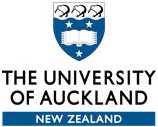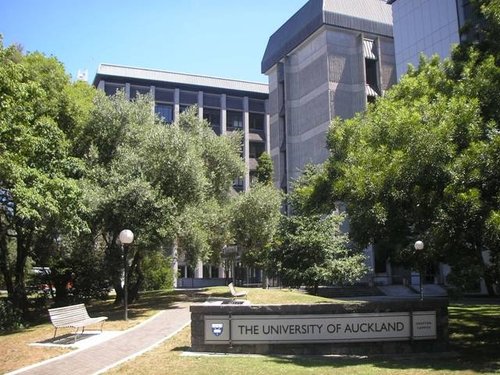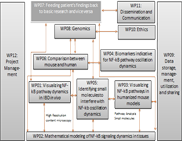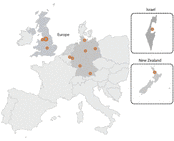The University of Auckland (UOA)

Faculty of Medical & Health Sciences, The University of Auckland
85 Park Rd, Grafton
1142
Auckland
New Zealand
Dr. Gareth Marlow
Research fellow
Institute Presentation
The University of Auckland
Founded in 1883, Auckland is now the country's largest university with 38,500 students, nearly 10,000 of whom graduate annually. The main campus is in the heart of Auckland city and there are four specialist campuses A key example of this is the Faculty of Medical & Health Science, located immediately across the road from Auckland Hospital. Lynnette Ferguson obtained her D.Phil. from Oxford University, working on the subject of genetics, using a yeast model. After her return to New Zealand, she began working as part of the Auckland Cancer Society Research Centre, using genotoxicity testing as a predictor of carcinogenesis, with particular focus on the New Zealand situation. In 2000, she took on a 50% role as Head of a new Discipline of Nutrition at The University of Auckland. In more recent years, she has considered the interplay between genes and diet in the development of chronic disease, with particular focus on Inflammatory Bowel Disease, a cancer-prone condition, and also in prostate cancer.
As programme leader since 2004 for the multidisciplinary-multiorganisational research group, Nutrigenomics New Zealand (NuNZ), she is working with a range of others to bring nutritional genomics tools and potential to the New Zealand science scene. The field of nutrigenomics recognizes not only the effect of genetic variation on nutrient requirements, but also nutrient regulation of gene expression. Work from NuNZ has suggested that the two main forms of Inflammatory bowel diseases (IBD), that is (Crohn's disease (CD) and ulcerative colitis (UC), are excellent examples for which both types of nutrigenomics are relevant (Ferguson, 2010, Ferguson, 2012). The second of these approaches utilises systems biology approached to study nutritional regulation of gene expression (Ferguson, 2012). At an early stage of this work, it was apparent that no single set of dietary advice was appropriate for all. Early approaches of NuNZ to nutrigenomics of IBD considered the influence of genotype on intolerances (e.g. Petermann et al., 2009; Ferguson, 2010; Jostins et al., 2012). However, more recent work has focused on systems biology approaches (e.g. Lin et al., 2011, Ferguson, 2012). NuNZ has sizable cohorts of both IBD and control subjects ,which has previously enabled us to join major international consortia, gaining the very necessary numbers needed to overcome false discovery rates in genotyping studies (Jostins et al., 2012). It is anticipated that this cohort will also be of value in SysmedIBD. Gareth Marlow obtained his PhD from Durham University, and has expertise in transcriptomic studies as applied to IBD.






